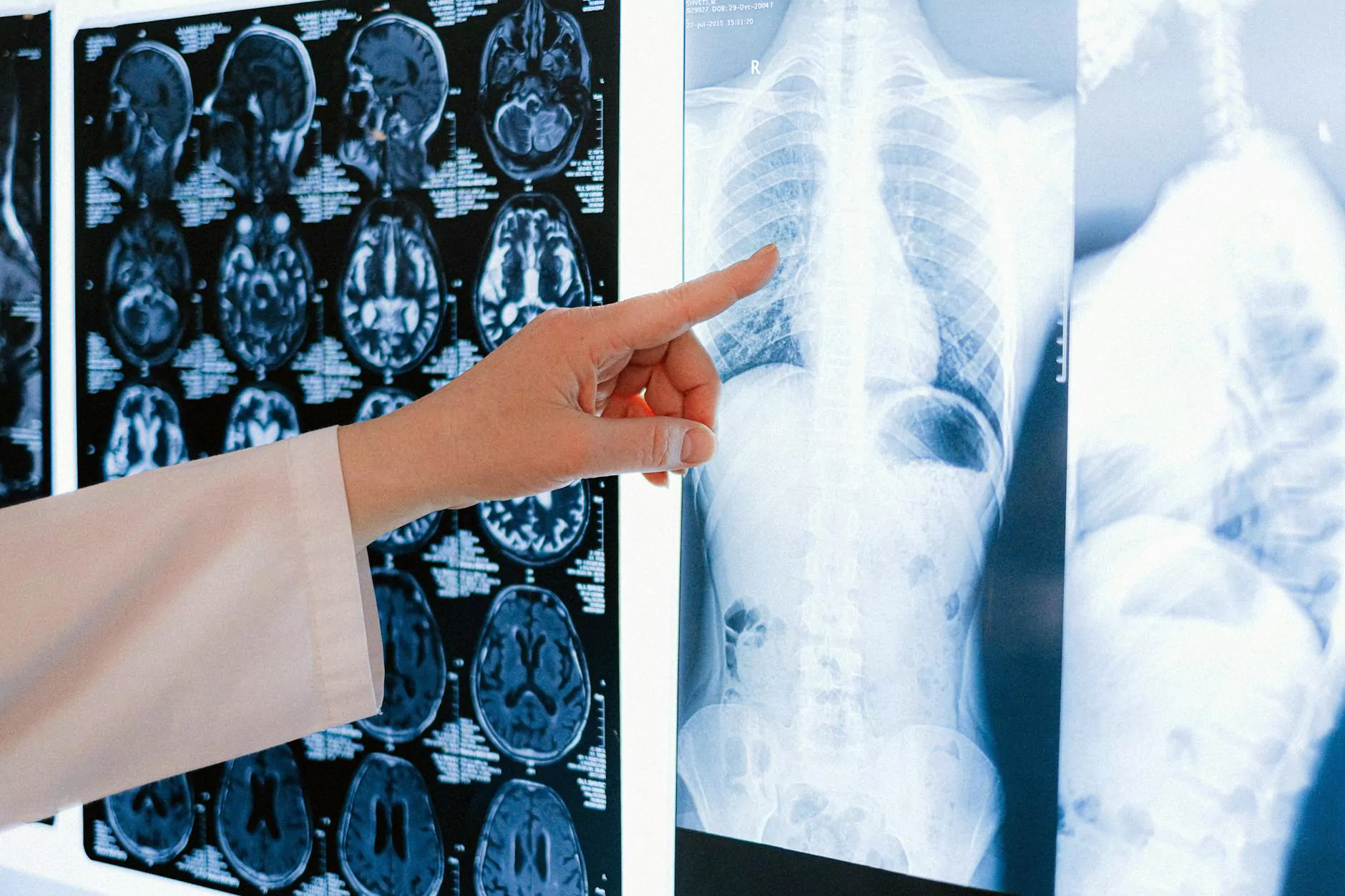Brain Injury Symptom and Effects

Understanding Traumatic Brain Injury
Welcome to Foley James D MD, where we provide comprehensive information on various health conditions. In this article, we will discuss traumatic brain injury (TBI) symptoms and their effects on individuals' lives.
What is Traumatic Brain Injury?
Traumatic brain injury refers to any damage caused to the brain from an external force. This injury can result from various incidents, such as falls, car accidents, sports injuries, or assaults. The severity of a traumatic brain injury can range from mild to severe based on the intensity of the impact.
Symptoms of Traumatic Brain Injury
Recognizing the symptoms of a traumatic brain injury is crucial for prompt diagnosis and treatment. The symptoms can vary depending on the severity of the injury and the area of the brain affected. Some common symptoms include:
- Physical Symptoms: Headaches, dizziness, nausea, blurry vision, sensitivity to light or noise, loss of balance, and fatigue.
- Cognitive Symptoms: Memory problems, difficulty concentrating, confusion, slowed thinking, and difficulty finding words.
- Emotional Symptoms: Mood swings, irritability, anxiety, depression, and increased sensitivity to emotions.
- Sleep-Related Symptoms: Insomnia, excessive sleeping, difficulty falling asleep, or feeling tired even after a full night's sleep.
- Behavioral Symptoms: Changes in appetite, increased impulsiveness, social withdrawal, and changes in sex drive.
Effects of Traumatic Brain Injury
The effects of a traumatic brain injury can significantly impact an individual's physical, cognitive, emotional, and behavioral well-being. Let's explore the different effects:
Physical Effects
Physical effects of traumatic brain injury can range from mild to severe. Some individuals may experience temporary physical changes, such as headaches and dizziness, while others may suffer long-term disabilities, including motor function impairments and paralysis.
Cognitive Effects
Traumatic brain injury can impair cognitive abilities, making it difficult for individuals to focus, remember information, and process thoughts. It can impact decision-making skills, attention span, and overall mental processing speed.
Emotional Effects
Emotional well-being can be severely impacted by a traumatic brain injury. Individuals may experience sudden mood swings, increased irritability, and changes in emotional regulation. Depression, anxiety, and emotional outbursts are also common effects.
Behavioral Effects
Traumatic brain injury can lead to behavioral changes, which can range from mild to significant. Individuals may exhibit impulsiveness, lack of inhibition, and difficulties with problem-solving. Social withdrawal and changes in personality traits are also observed.
Seeking Medical Attention
If you or someone you know experiences any symptoms associated with traumatic brain injury, it is crucial to seek medical attention immediately. Proper diagnosis and treatment can help manage symptoms and improve the overall quality of life.
Conclusion
In conclusion, traumatic brain injury can have far-reaching effects on individuals' lives. By understanding the symptoms and effects of TBI, we can raise awareness and ensure timely intervention and support for those in need. If you have any concerns or questions related to traumatic brain injury, do not hesitate to reach out to Foley James D MD for expert guidance and assistance.










